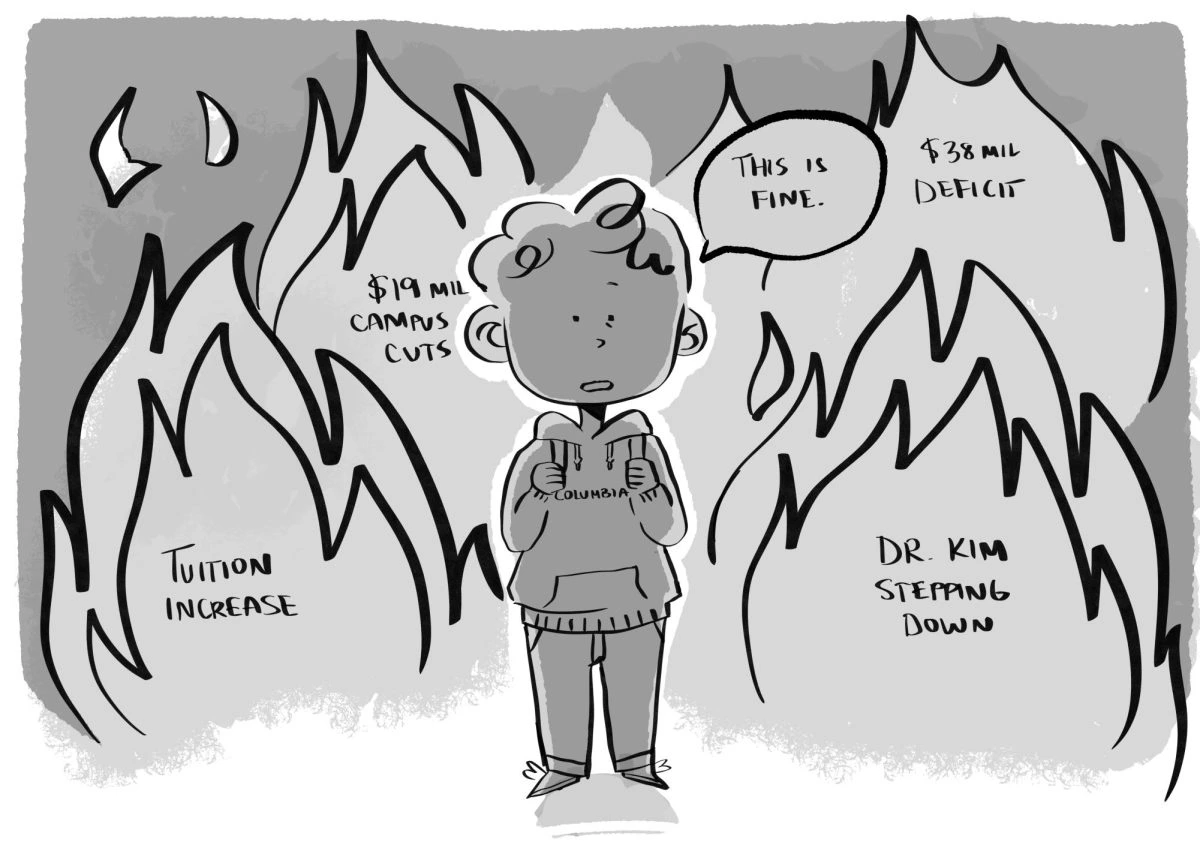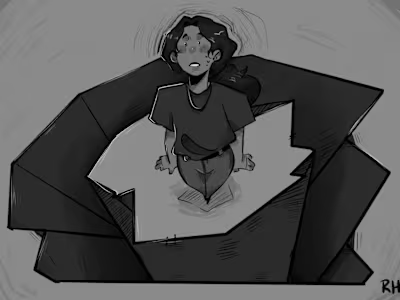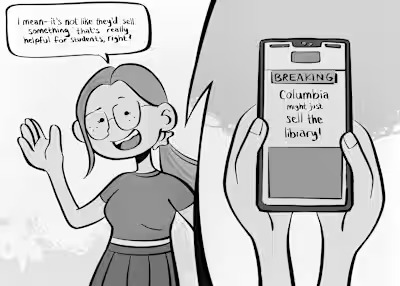Editorial: With Kim stepping down, other college leaders need t…

President and CEO Kwang-Wu Kim announced on Wednesday, Feb. 14 that he is stepping down from the college this summer.
He leaves during one of the worst financial crises Columbia has seen.
There will be time to talk about what role he had in the ballooning deficit, now at $38 million, and his legacy at the college.
For now, we need to address the crisis.
Tuition is going up another 5% next year, the latest fallout from the college’s financial crisis.
Kim also has said that the college will cut $19 million across campus and may need to close academic programs and lay off full-time faculty.
Even before the news of Kim’s pending departure broke, department chairs across campus had started meeting with faculty to make recommendations for possible cuts in their programs. The deans of the college’s three schools and the provost’s office will also weigh in before Kim delivers a report to the Faculty Senate on Feb. 28. They will have six weeks to review it and provide feedback before the final report is delivered to the Board of Trustees on May 2.
Kim met this week with the Student Government Association to outline that process and to listen to their concerns. He pledged to meet with students more regularly to discuss the steps being taken, and we hope students will take him up on that. He still plays a crucial role in advising the Board of Trustees about the restructuring that will take place.
Students were not included last fall in decisions to increase class sizes or cut hundreds of sections from the course schedule. The college’s part-time faculty union went on strike for seven weeks because they also did not have a say in the cost-cutting measures the college was implementing. During this period, Kim was targeted on social media and in Zoom forums for his salary, bonuses and how he was handling the strike.
Right now, more than half of Columbia students do not pay the full tuition, which has made attending possible. The 5% increase amounts to an extra $1,538, which will need to be covered by additional discounts and scholarships.
Students should ask about the college’s plans to raise additional money for that and how it plans to retain students as the cost to attend continues to rise.
They also should demand to meet with department chairs and faculty about the academic restructuring that will impact them, especially as plans begin to cement around closing programs and redirecting resources. Students need information about whether Columbia remains the right place for them, especially following Kim’s departure.
Every department should be planning a town hall to center students in the decisions that will be made over the next couple of weeks.
Students need reassurance about what’s going to happen next, more than ever after Kim announced he would be leaving.
Like this project
Posted Apr 8, 2024
President and CEO Kwang-Wu Kim announced on Wednesday, Feb. 14 that he is stepping down from the college this summer. He leaves during one of the worst financ…
Likes
0
Views
5
Tags





